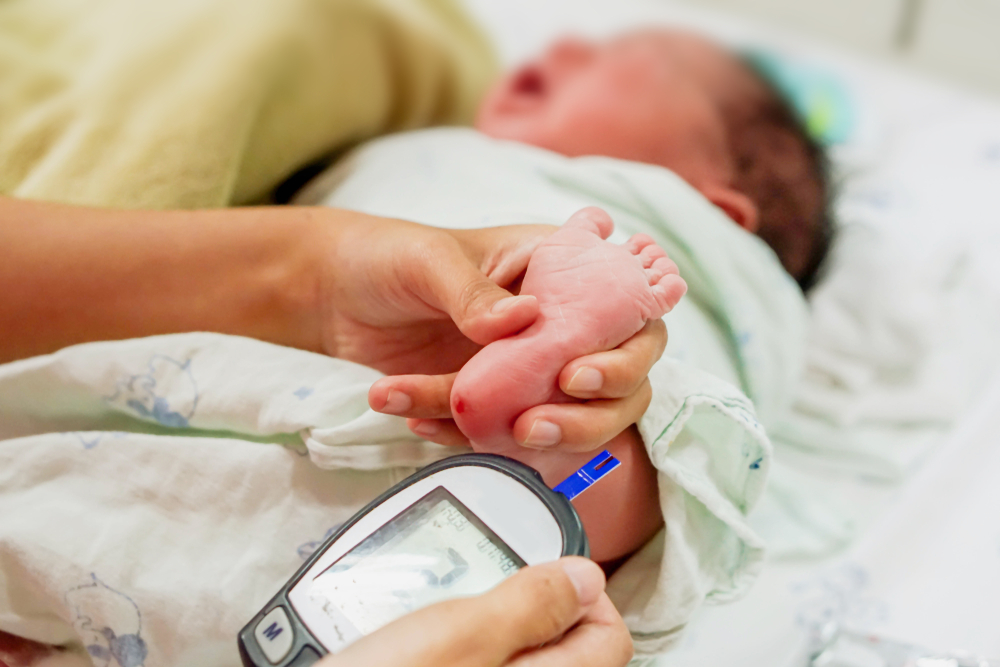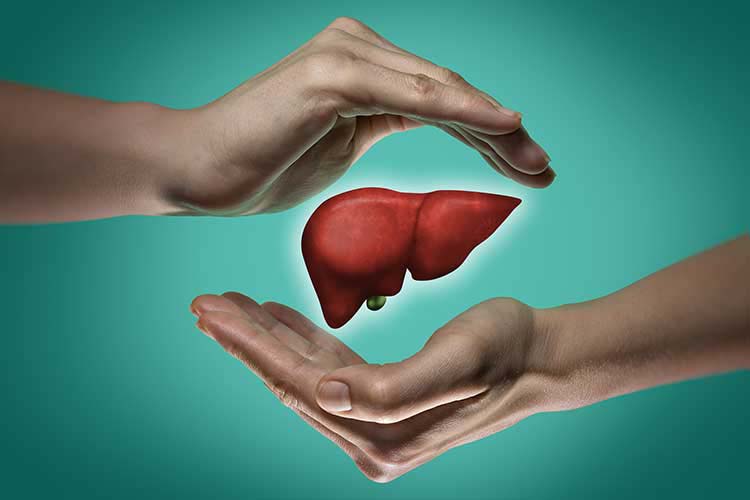
The birth of a child is one of the most joyous moments in life, but it also comes with a responsibility to ensure your baby’s health. One of the most crucial steps in safeguarding your newborn’s well-being is newborn screening. This essential medical procedure helps identify potential health disorders early on, allowing for timely intervention and treatment.
In this blog, we’ll cover everything parents need to know about newborn screening, the list of tests involved, and why it’s important to choose a reliable pathology lab in Kolkata for these procedures.
What is Newborn Screening?
Newborn screening is a set of medical tests performed shortly after a baby is born to detect serious but rare health conditions. These conditions may not show symptoms immediately but can lead to severe health issues or even death if not treated early. The purpose of newborn screening is to identify these disorders early enough for treatment to prevent or reduce the impact on the child’s long-term health.
Newborn screening is typically conducted within the first 24 to 48 hours of life and includes blood tests, hearing tests, and sometimes tests for critical congenital heart diseases.
Newborn Screening Test List
The newborn screening test list varies depending on the country and region, but it generally includes tests for metabolic, genetic, and hormonal disorders. In India, newborns are often screened for a wide range of conditions, which can include:
- Congenital Hypothyroidism (CH)
This test checks if the baby’s thyroid gland is functioning properly. If left untreated, hypothyroidism can lead to developmental delays and intellectual disabilities. - Phenylketonuria (PKU)
PKU is a genetic disorder where the body cannot break down the amino acid phenylalanine. If untreated, it can cause brain damage. - Cystic Fibrosis
This condition affects the lungs and digestive system. Early detection can improve the quality of life and longevity of affected children. - Sickle Cell Disease
A blood disorder that causes red blood cells to break down, sickle cell disease can lead to severe pain and other complications. Early detection allows for treatment to reduce symptoms. - Glucose-6-Phosphate Dehydrogenase (G6PD) Deficiency
This is a genetic enzyme deficiency that can lead to jaundice, anemia, and other complications. Early detection can help avoid triggers and prevent symptoms. - Maple Syrup Urine Disease (MSUD)
MSUD is a metabolic disorder in which the body cannot break down certain amino acids. If not treated, it can lead to seizures, coma, and death. - Hearing Screening
Newborn hearing tests are also part of the screening to detect early signs of hearing impairment, which, if addressed early, can prevent speech and developmental delays. - Congenital Adrenal Hyperplasia (CAH)
This test checks for a hormone imbalance that can lead to problems with growth, development, and energy levels. Early treatment helps manage the condition effectively.
Each of these tests plays a critical role in detecting conditions that, if left untreated, could lead to lifelong disabilities or health complications. Therefore, ensuring your baby undergoes newborn screening is one of the first and most important steps in giving them a healthy start in life.
Newborn Screening Procedure
The newborn screening procedure is simple, quick, and typically non-invasive, causing minimal discomfort for the baby. The process usually involves the following steps:
-
Blood Test (Heel Prick Test)
The most common newborn screening test is the heel prick test. In this procedure, a few drops of blood are taken from the baby’s heel using a small lancet. The blood is then placed on a special filter paper and sent to a laboratory for testing. The blood test helps identify many metabolic and genetic conditions, including those listed above.
-
Hearing Test
A hearing test is often performed while the baby is asleep. A small earpiece is placed in the baby’s ear, which sends gentle sounds into the ear canal. The test measures how the baby’s ear responds to the sound and identifies any potential hearing problems.
-
Pulse Oximetry Test
Some hospitals include a pulse oximetry test, which measures the baby’s oxygen levels and checks for critical congenital heart defects (CCHD). A sensor is placed on the baby’s skin to measure oxygen levels in the blood, and low levels could indicate a heart condition.
The procedure is quick and typically takes place within the first 24-48 hours after birth, often before the baby leaves the hospital. Results for some tests, like the hearing and heart tests, may be immediate, while the blood tests typically take a few days to a week for the results to be processed.
Why Newborn Screening is Important
Early diagnosis through newborn screening can be life-saving. Many of the conditions tested for during newborn screening have no immediate symptoms but can cause severe health problems later in life if not treated. For instance, conditions like congenital hypothyroidism or phenylketonuria can lead to developmental delays and irreversible damage if left untreated, but they are manageable if detected early.
Furthermore, early detection allows parents and healthcare providers to develop a treatment plan quickly, improving the child’s quality of life and preventing future complications. In some cases, early treatment can even prevent permanent damage or death.
Conclusion
Newborn screening is a vital part of ensuring your baby’s long-term health and well-being. By identifying potential health conditions early, you can take the necessary steps to manage or treat these conditions, giving your child the best possible start in life. Understanding the newborn screening procedure and selecting a reputable pathology lab in Kolkata for these tests can give you peace of mind as a parent.
Make sure to come to Health Care Diagnostic Clinic & Laboratory Services about newborn screening and ensure your baby undergoes this essential procedure as soon as possible after birth.


